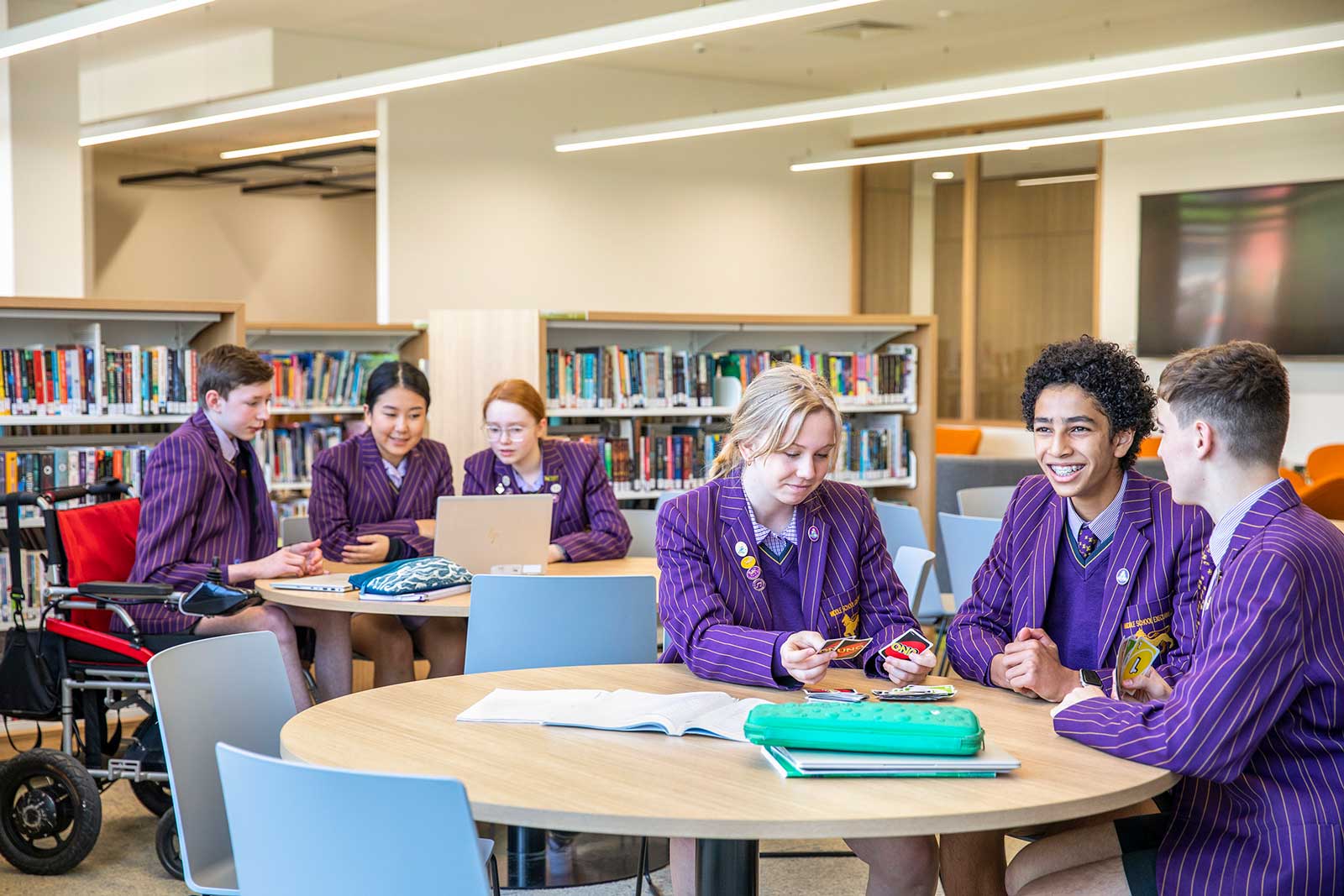
Teaching and learning have changed in many ways over the course of the pandemic. Given our current circumstances maintaining a growth mindset is more important than ever.
What is a growth mindset?
The concept of a growth mindset was developed by psychologist Carol Dweck. A mindset according to Dweck, is a perception or self-theory that people hold about themselves. Dweck became interested in students’ attitudes about failure. She observed that some students rebounded when challenged and some students seemed devastated by even the smallest of setbacks.
Some students and adults can be aware or unaware of their mindset and this can have a profound effect on learning achievement, skill acquisition, personal relationships, professional success and many other dimensions in life. Dweck found that people’s beliefs about their abilities differs. Some people believe that their intelligence and abilities are unchangeable, this a ‘Fixed Mindset’. Others believe that it is possible to grow your intelligence and ability, through effort and positive thought. This is called a ‘Growth Mindset’.
What impact does mindset have on students?
These two mindsets (which manifest from a very early age) create a great deal of our behavioural traits, and our relationships with success and failure, and how students perceive themselves as learners. The beliefs students have about their own intelligence and ability have important consequences on how they experience school and how they respond to setbacks and adversity.
- When students hold a fixed mindset, school can be a threatening place because students may be worried about proving their ability or create strategies to avoid tasks.
- When students hold a growth mindset, they may experience school as an exciting place, and embrace challenges as opportunities.
Our mindsets exist on a continuum from fixed to growth, and although we’d always like to have a growth mindset, the reality is that we can only be on a journey to a growth mindset. The goal is to recognise fixed mindset elements in ourselves and then reflect on feedback and strategies on how to improve.
Researchers have found that it is possible to promote a growth mindset by teaching students about neuroscientific evidence showing that the brain is malleable and gets stronger through effort, trying new strategies and seeking help when necessary.
A growth mindset is based on the belief that your basic qualities can be cultivated through your efforts and deliberate practice.
The simple belief that intelligence and ability is malleable can better equip children for challenging tasks and difficult subject matter. If students know that they can develop their ability, that effort and dedication make a difference in the formula for success, then students won’t become paralysed by challenge. The growth mindset can develop a love of learning and a resilience that is essential for achieving goals.
A growth mindset takes daily work
We encourage students to ask themselves a series of growth mindset questions when faced with challenge.
- What would you do differently next time to make your work better?
- What strategies can you try differently and what can you learn from this experience or mistake?
We also work on specific language to develop a growth mindset and are encourage students to retrain their thinking processes. For example, instead of saying ‘I am not good at this’, replace it with ‘I’m not good at this yet, but I will learn’. Other examples include, ‘this is too hard’ but instead teach students to say ‘this will require me to find the right strategy’.
Students are also work on developing a growth mindset action plan to use when a fixed mindset approach is taking over their thinking and actions.
A new formula for success
A growth mindset has created a new formula for success. The growth mindset is all about persevering when the going gets tough and turning failure into useable information. Developing a growth mindset will teach students to embrace failure and hard time and find new ways of succeeding. Our hope is that our students can embrace the thoughts of Albert Einstein, ‘It’s not that I’m so smart, it’s just that I stay with problems longer.’
Rob Gow is the Head of Middle School at the St Kilda Road Campus
